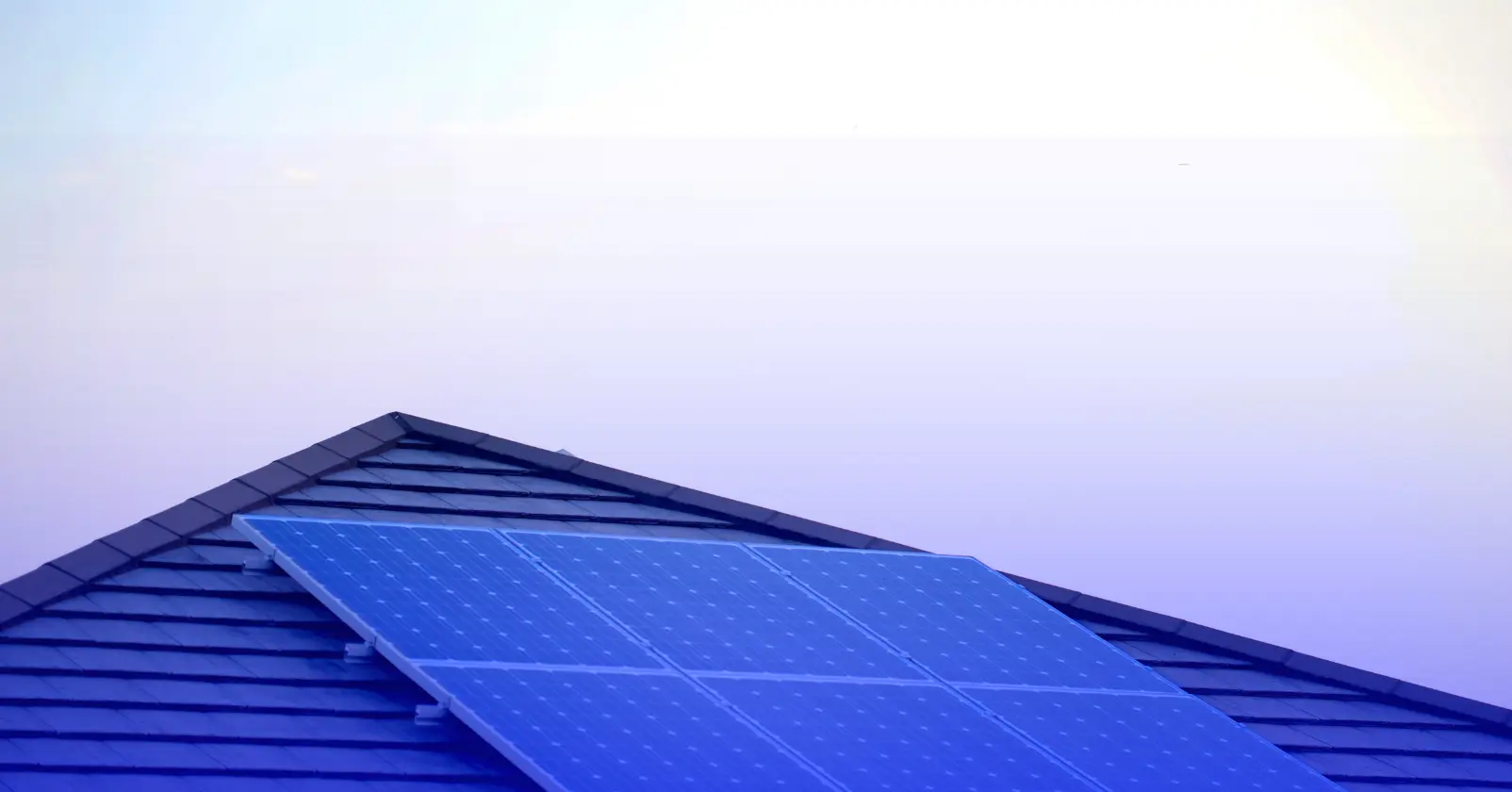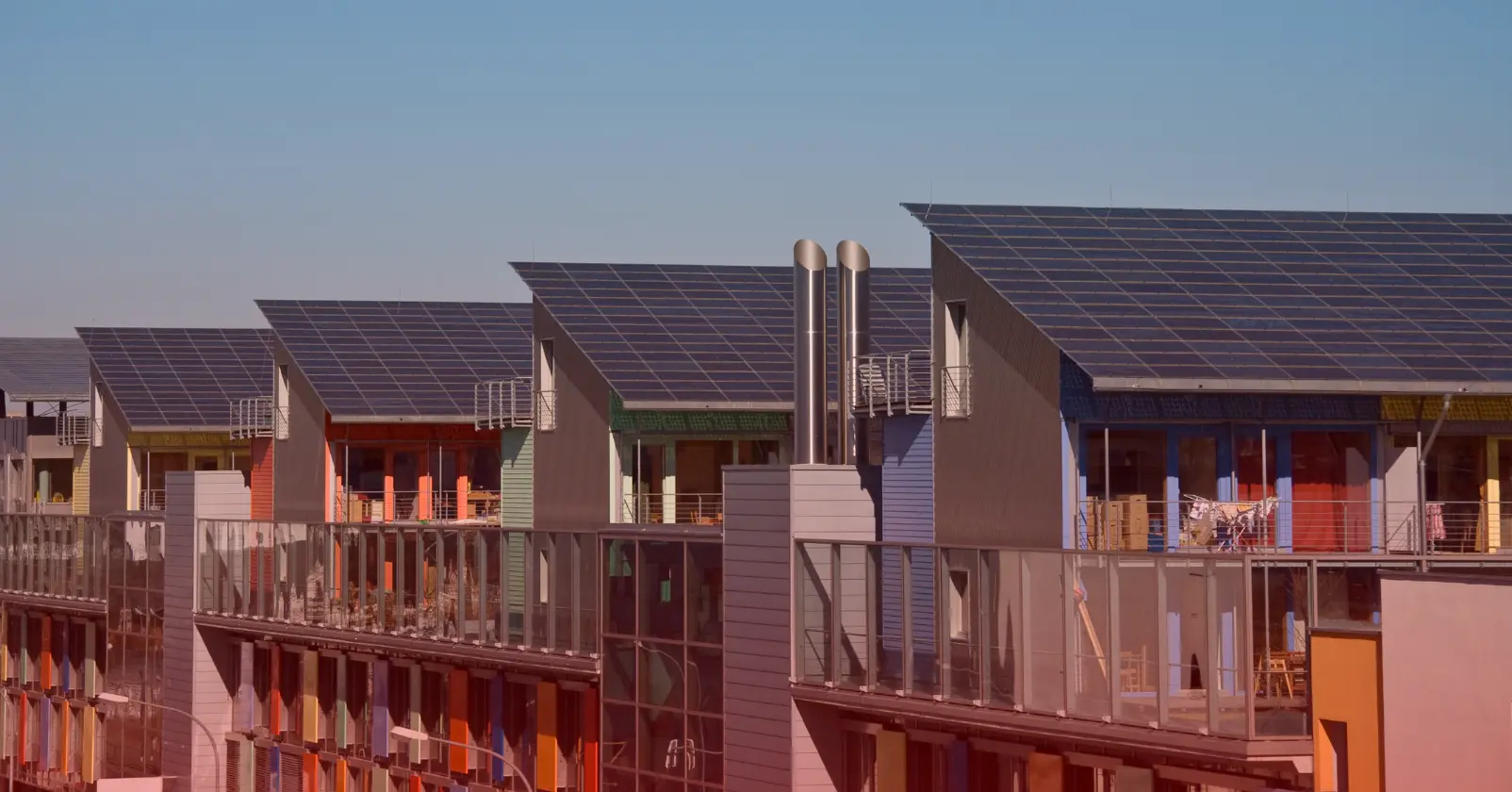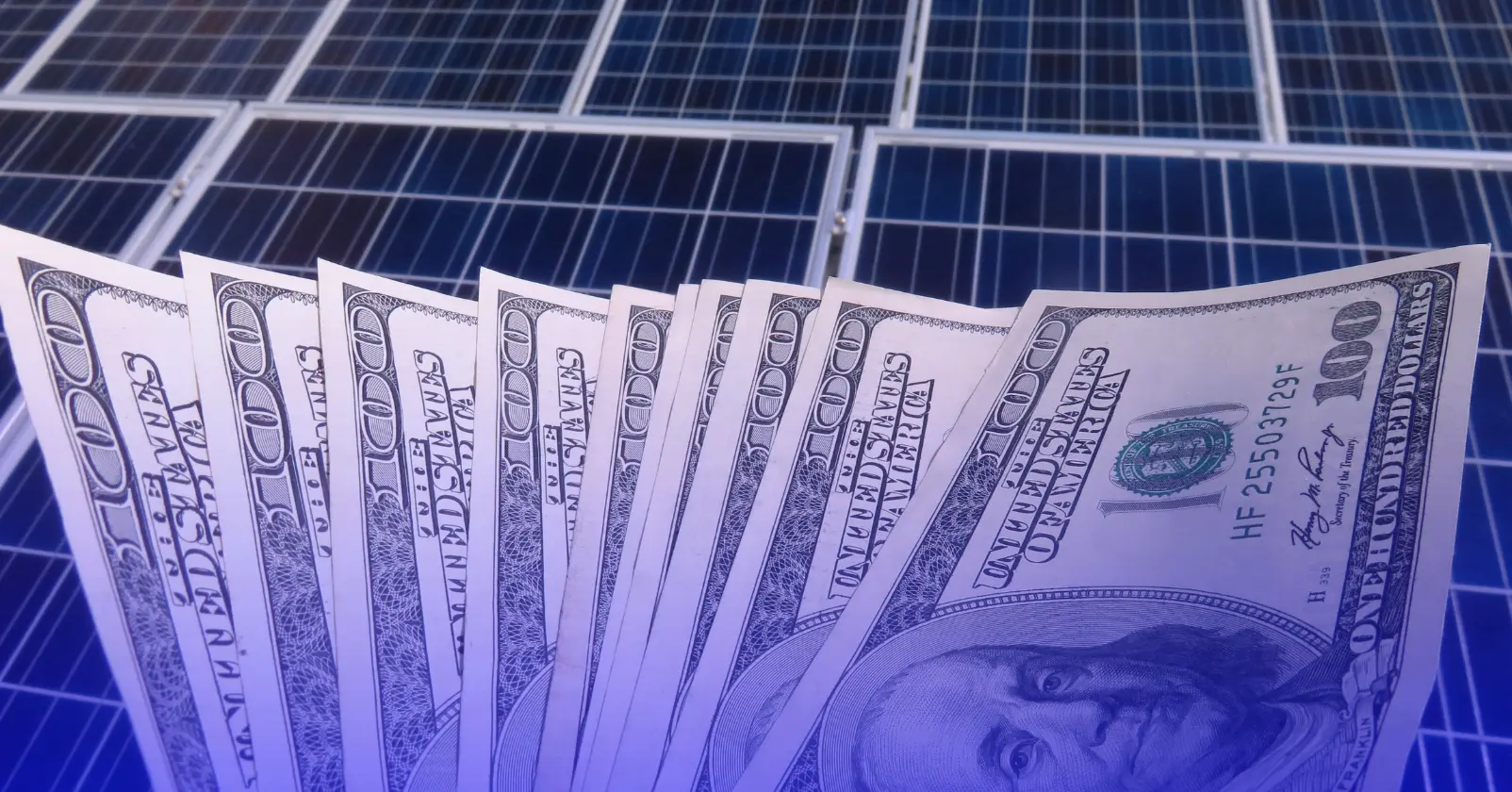Texas Solar Scams: How New Laws Protect Homeowners from Fraud
As Texas’s solar industry booms, so do reports of solar scams targeting homeowners. Senate Bill 1036, effective September 2025, introduces strict licensing, mandatory disclosures, and a 5-day contract cancellation window. This comprehensive guide explains how the new law protects Texans, how to spot solar panel scams, and what to do if you’re affected.


The Solar Scam Crisis in Texas
Solar energy adoption in Texas has skyrocketed, with the state now ranking among the top three for residential solar installations. But this rapid growth has attracted a wave of fraudulent companies and predatory sales tactics, leaving thousands of homeowners vulnerable.
According to the Texas Attorney General, complaints about solar scams in Texas soared by over 800% between 2018 and 2023. Many victims are seniors, non-English speakers, or first-time solar buyers lured by promises of “free” panels, zero-dollar electric bills, or government incentives that don’t exist.
“We’ve been through a year and a half of pure hell,” said one rural homeowner, describing the aftermath of a deceptive solar contract that left her with a $60,000 debt and malfunctioning panels.
The surge in complaints prompted urgent calls for reform from consumer advocates, utilities, and lawmakers. The result: Senate Bill 1036, a landmark law designed to clean up the solar market and restore public trust.
How Solar Scams Work: Tactics and Trends
Fraudulent solar companies use a variety of schemes to trick homeowners. Here are the most common tactics:
- Deceptive Financing: Unscrupulous agents disguise long-term loans as “no-cost” installations, often hiding balloon payments and high interest rates.
- False Promises: Claims of “guaranteed tax credits” or “elimination of electric bills” that rarely materialize.
- High-Pressure Sales: Door-to-door reps push homeowners to sign contracts on the spot, sometimes using tablets to secure digital signatures without full explanations.
- Fake Credentials: Some scammers pose as utility partners or claim to be “state-certified” when no such certification exists.
- Misleading Contracts: Fine print may include hidden fees, unclear ownership terms, or binding arbitration clauses that limit legal recourse.
A 2024 Texas Appleseed report found that these scams were reported in 141 of Texas’s 254 counties, with rural and low-income communities especially hard-hit.

Senate Bill 1036: Texas’s New Solar Scam Law
Recognizing the urgent need for reform, Texas lawmakers passed Senate Bill 1036 in May 2025. The law, which takes effect September 1, 2025, is one of the most comprehensive state efforts to regulate solar sales and installation practices.
State Senator Judith Zaffirini, the bill’s sponsor, said,
“This law ensures that the benefits of solar energy reach Texans—not scammers. It sets clear rules for the industry and gives homeowners the tools they need to make informed decisions.”
Key Provisions of SB 1036 Explained
1. Mandatory Registration and Licensing
- All solar retailers, sales agents, and installers must register with the Texas Department of Licensing and Regulation (TDLR).
- Background checks are required, and registration numbers must appear on all contracts and marketing materials.
2. Clear, Standardized Disclosures
- Companies must provide homeowners with written, plain-language disclosures outlining:
- Total system cost
- Financing terms and interest rates
- Expected energy savings and limitations
- Ownership details (purchase vs. lease)
- Maintenance and warranty information
3. 5-Day Right to Cancel
- Homeowners can cancel any solar contract within five business days, no questions asked.
- Companies must provide a cancellation form and clear instructions with every contract.
4. Enhanced Penalties for Violations
- Fines up to $100,000 for targeting seniors or repeat offenses.
- License revocation and criminal charges for egregious fraud.
5. Oversight and Enforcement
- TDLR will conduct random audits, investigate complaints, and maintain a public database of registered companies.
- Retailers must distribute educational materials about solar scams and consumer rights.

How to Spot and Avoid Solar Scams in Texas
Even with new protections, vigilance is key. Here’s how homeowners can protect themselves:
Red Flags to Watch For
- Pressure to sign immediately or “limited-time offers.”
- Unrealistic savings claims (“$0 electric bills forever!”).
- Vague or missing paperwork.
- Requests for large upfront payments before work begins.
- No TDLR registration number on contracts or marketing materials.
Smart Steps for Homeowners
- Verify TDLR Registration: Use the TDLR public database to confirm a company’s credentials.
- Get Multiple Quotes: Compare offers from at least three registered solar providers.
- Read Contracts Carefully: Insist on plain-language agreements and ask questions about anything unclear.
- Check Reviews: Look up companies on Google and read recent customer feedback.
- Consult Local Utilities: Some utilities offer lists of approved solar installers and programs.
“Legitimate solar companies never rush you and always provide full documentation,” advises Ann Baddour, Director of the Fair Financial Services Project at Texas Appleseed.
What to Do If You’ve Been Scammed
If you suspect you’ve fallen victim to a solar scam:
- Act Quickly: Use your 5-day cancellation right if you’re within the window.
- File a Complaint:
- Contact Your Lender: If you were tricked into a loan, notify the financing company and dispute fraudulent charges.
- Document Everything: Save all emails, contracts, and communications.
- Seek Legal Help: Consumer protection attorneys or legal aid groups can assist with complex cases.

The Impact of SB 1036: What Homeowners Can Expect
For Homeowners
- Peace of Mind: Strict licensing and oversight weed out bad actors.
- Transparent Pricing: Standard disclosures make it easier to compare offers and avoid hidden fees.
- Stronger Recourse: Victims have clearer paths to restitution and legal action.
For the Solar Industry
- Higher Standards: Ethical companies benefit from a level playing field.
- Increased Consumer Confidence: More Texans are likely to invest in solar, knowing protections are in place.
- Potential Challenges: Some small or new companies may struggle to meet new requirements, but overall industry health is expected to improve.
“SB 1036 is a win-win: it protects consumers and supports responsible solar growth,” says Stephanie Mace, AARP Texas.
The Future of Solar Panels in Texas
With SB 1036 in place, experts predict:
- Fewer scams and complaints as oversight increases.
- Growth in legitimate solar installations as trust rebounds.
- Better consumer education about both the benefits and risks of solar energy.
Texas remains a leader in solar power, and these reforms are expected to make it a model for other states grappling with similar issues.

FAQs About Texas Solar Scams
Q: How do I report a solar scam in Texas?
A: File a complaint with the TDLR or the Texas Attorney General’s Consumer Protection Division.
Q: Is solar a scam in Texas?
A: No—solar panels in Texas can be a smart investment when purchased from reputable, registered companies. The new law helps ensure you’re protected.
Q: What should I look for in a solar contract?
A: Clear pricing, TDLR registration number, cancellation instructions, and detailed warranty/maintenance info.
Q: Can I cancel my solar contract after installation?
A: The 5-day cancellation window applies before installation. If fraud is discovered later, you may have additional legal options.
Q: What penalties do fraudulent solar companies face?
A: Fines up to $100,000, license revocation, and possible criminal charges.
Q: Where can I learn more about solar incentives in Texas?
A: Check out our guide: Texas Energy Incentives for Homeowners and the U.S. Department of Energy.











